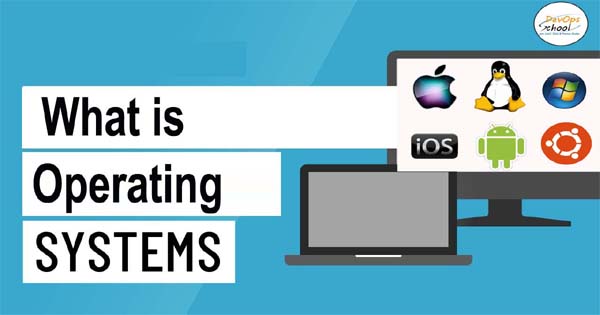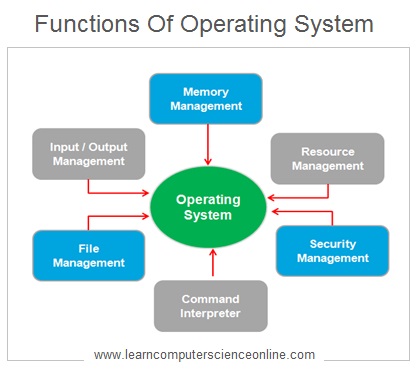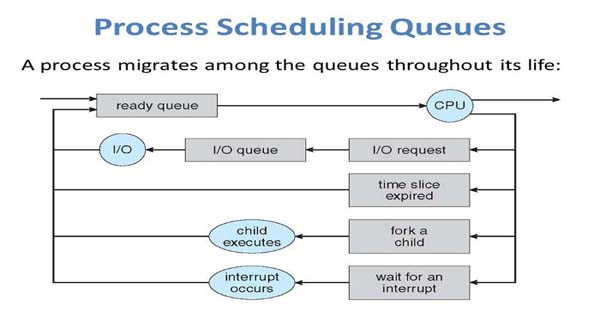
What is Operating?
The operating system is information exchange between users and computers hardware to memory processes as well as software hardware and the applications. An Operating system framework oversees programming, PC programs ad PC equipment. It also allows you to communicate with the computers to perform various function such as arithmetic calculation and other significant tasks, without knowing how to speak the computer’s language. The operating system controls which processes run, and it disunites them between different CPUs or cores and multiple processes run in parallel. The Operating system firmware is a specific class of computer software that provides the low-level control for a device’s specific hardware, that helps to manage all the hardware and other software on a computer. The operating system, also known as an “OS,” interfaces.
Why to need Know Operating System?
Operating System (OS) is very important for users because nowadays every computer has an Operating System installed in it. So you have learned familiar with the core concepts of Operating Systems Understand how Operating Systems work, Understand Disk Scheduling Works, Understand File Systems, It also allows you to communicate with the computer without knowing how to speak the computer’s language. And known the understanding of this program is essential in realizing how hardware and software work together to provide users with the capability to talk to the system and use its many resources.
What are the advantages of the Operating system?
- Operating system Provides Graphical User Interface (GUI) in the form of menu, icons, and buttons.
- Operating system manages input and output. All I/O devices are managed by OS.
- Operating system converts a program into the process.
- Operating system manages the interrupts and handles the interrupts.
- Operating system User-Friendly Interface
- No required any technical skills for operating GUI O/S.
- Operating system has responsibility for distributing all data over the entire system.
- Operating system allows sharing one piece of data with many users.
- Operating system can be updated time by time without any hassle.
The Operating System maintains the following important process scheduling queues:
Job queue:- This line keeps all the procedures in the System.
Ready queue:- This line keeps all the procedures dwelling in the principle memory, prepared and holding back to execute. Another procedure is constantly placed in this line.
Device queues:- This processes which are blocked due to unavailability of an I/O device constitute this queue. Two-state process models refer to running and non-running states:
Running:- When a new process is designed, it enters into the system in the running state. It provides a flexible interface for installing all types of games and software and can run easily them.
Not Running:- Procedures that are not running are kept in line, waiting for their turn to execute. Each entry in the queue is a pointer to a particular process.
There are some examples of Operating system:-
Window 7, Windows 8, Windows 10, Android, IOS, MacOS, Disk operating systems (DOS) Windows XP.
In This video, you can see basic to advance knowledge about Operating system.
MotoShare.in offers unparalleled convenience and affordability in bike rentals, allowing users to enjoy hassle-free rides for commuting, exploring, or leisure trips. With a wide range of bikes and scooters, it’s your trusted partner for all two-wheeler needs.

 Starting: 1st of Every Month
Starting: 1st of Every Month  +91 8409492687
+91 8409492687  Contact@DevOpsSchool.com
Contact@DevOpsSchool.com


